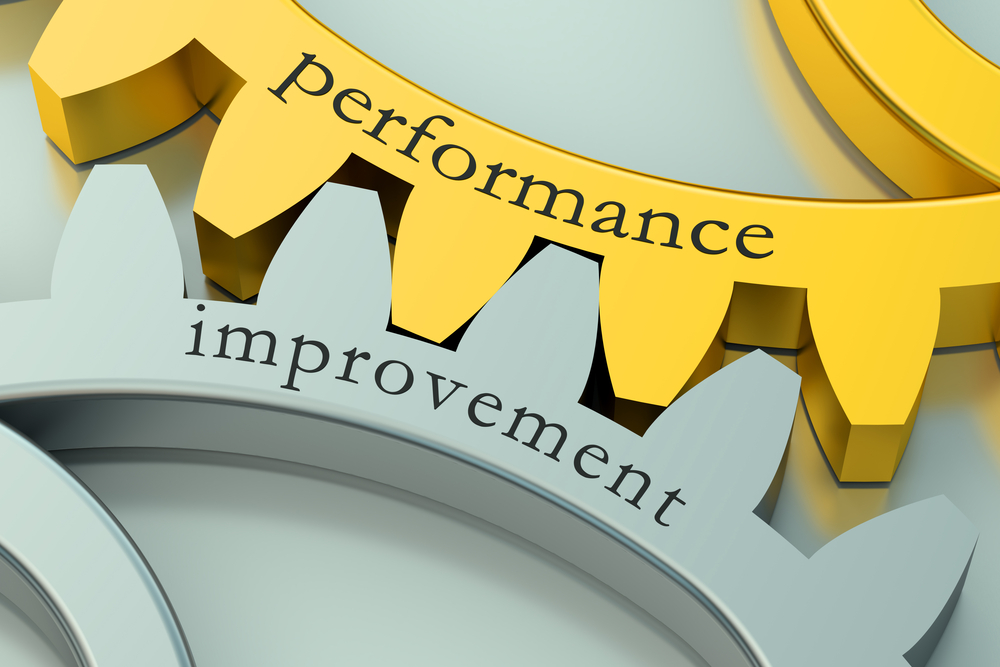A Day in the Life of a Manager:
Every manager I know is involved in a daily sprint to keep things moving and to try and figure out how to make things run better, faster, and cheaper. Most have team members on loan to project teams. And then there are the change initiatives from top management. They seem to come in groupings, all with the same priority level: high.
Juggling doesn’t quite capture the reality of a manager’s job.
Performance Enhancing Power of Proper Performance Feedback:
Now, imagine there was a tool at your disposal that would help reinforce in real-time the behaviors of group members that moved the performance numbers in the right direction. Or, a tool that would get people motivated to learn, grow, and leave behind less-than-ideal behaviors in favor of new approaches and continuous improvement. Wouldn’t this be helpful?
Well, there is. It’s called performance feedback. And sadly, it’s often missing-in-action, misapplied, or, applied inconsistently, and that’s just leaving money and morale on the table. (For a related article, see: “Why We Hate Performance Feedback and How to Give and Get More of the Right Kind“)
In my real-world research via coaching, leading management workshops, and consulting, feedback, or the lack thereof, is a recurring theme. While correlation is never causation, my observations on performance feedback and performance and morale are consistent from environment to environment.
- Top performing groups and functions exhibit a healthy feedback culture where timely, meaningful constructive and positive feedback is exchanged by all members, up, down, and across the group.
- The teams that innovate and problem-solve the best are the ones where people are comfortable speaking truth to power and challenging each other constructively.
- The best performing environments have a strong cultural bias to valuing robust dialog, even if it makes people a bit uncomfortable.
- The worst performing environments are often those where people are collegial while systematically ignoring the big problem issues all around them.
- In my surveys, more than sixty percent of respondents (including managers) indicate they’ve never been trained on how to develop and deliver high-quality feedback discussions.
(For a related resource, see my webinar: Why We Hate Feedback and 8 Tips for Getting it Right)
I’m willing to wager a hefty amount, the connection between the ability to talk openly and respectfully about difficult issues transcends simple correlation to become one of causation. You don’t get high-performance without the ability to tackle the challenges and the problems of individual and group behavior.
It Pays to Strengthen Your Feedback Culture:
The great news is that the process of developing and delivering high-quality feedback—the type that drives performance in the right direction while strengthening teamwork and team morale, is not rocket science.
It requires understanding some human psychology, some basic conversation design principles, and then it requires ample amounts of practice.
Simply stated: learning to master feedback as a receiver and giver requires a bit of training and a bunch of practice.
However, navigating the cultural component is a bit more challenging, particularly if you are operating in an organization where speaking truth to power isn’t expected or appreciated. Fostering an environment where individuals are comfortable tackling the big, sticky people and process issues standing in the way of progress demands deliberate effort on your part as manager. And of course, it starts with you modeling the right behaviors.
In a subsequent article, I will share a series of ideas you can use to jump-start the important process of embedding the practice of feedback in your group’s culture.
The Bottom-Line for Now:
Recognition is the first step in any program to strengthen performance. A healthy feedback culture improves your odds of creating high-performance. And as an emerging leader, your ability to not only master the art of designing and delivering high-quality feedback discussions but to learn to embed the behaviors in your culture will pay you dividends throughout your career.
—
Note from Art: For those interested in getting started by improving their or the group’s feedback IQ and daily practices, my team has developed and launched a practical, powerful online/on-demand program: The Beginner’s Course to Delivering Performance Feedback .It’s cost and time-effective and filled with practical guidance for immediate impact!








Leave A Comment